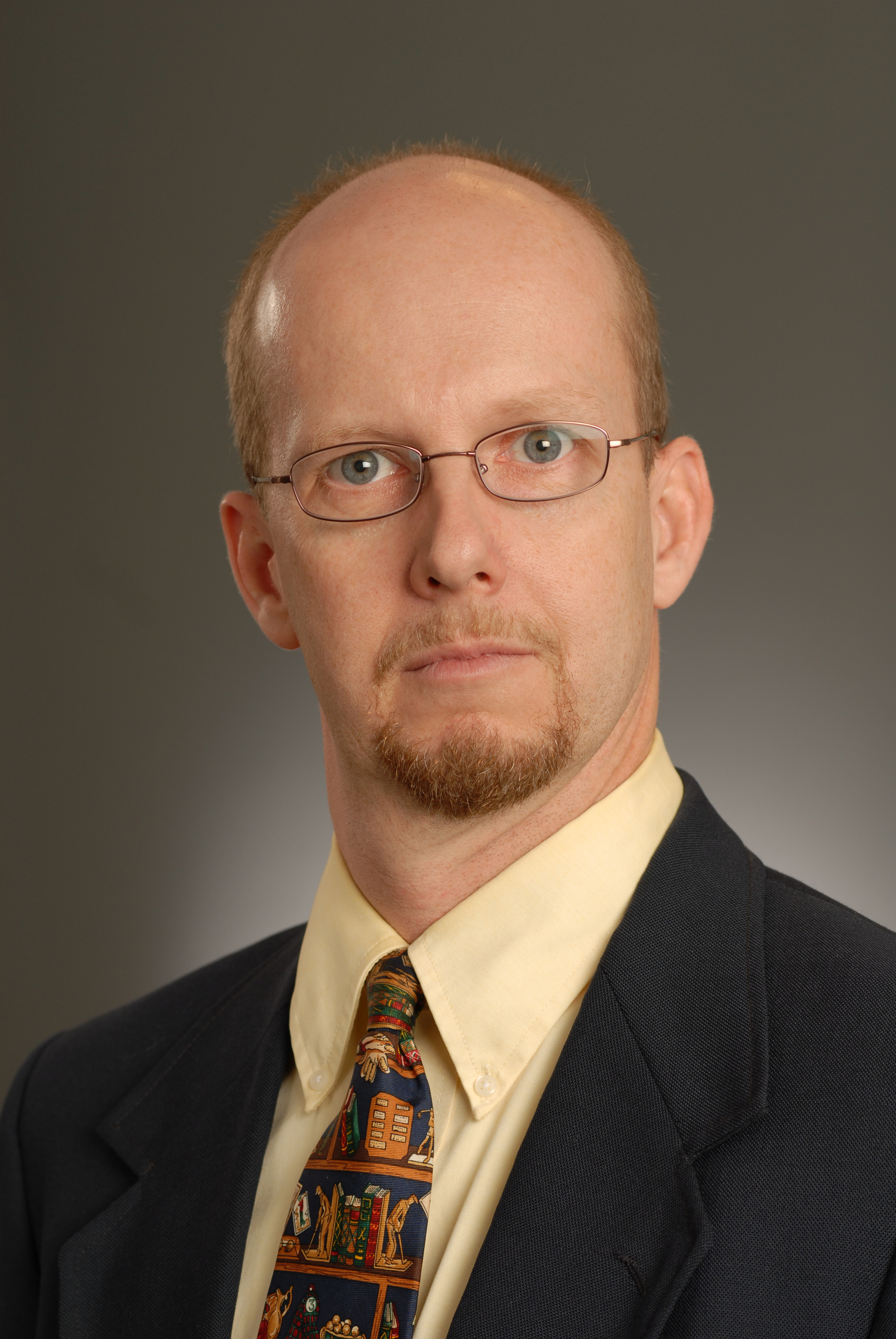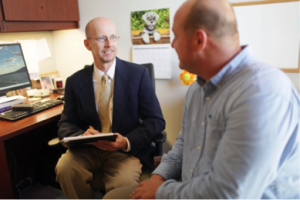Mason, OH, November 24, 2014 – Lindner Center of HOPE staff psychologist, Charles Brady, PhD, ABPP, is a finalist for the 18th annual Business Courier Health Care Heroes awards in the provider category. Dr. Brady is one of 19 total finalists and one of five in the provider category.
Winners will be announced at a dinner on Thursday, February 12, 2015.
Dr. Brady directs the Center’s Obsessive Compulsive Disorder and Anxiety treatment program and oversees the Supported Employment program. He leads the research and development of the Center’s psychiatric rehabilitation programming. He also currently serves as the president of the board of managers of Lindner Center Professional Associates.
the research and development of the Center’s psychiatric rehabilitation programming. He also currently serves as the president of the board of managers of Lindner Center Professional Associates.
Dr. Brady is a clinical psychologist with more than 20 years of experience on the staff and faculty of the University of Cincinnati’s Department of Psychiatry. In addition to providing clinical service to thousands of patients at UC, he trained and supervised numerous psychology interns, doctoral students, post-doctoral fellows, psychiatric residents, psychiatric fellows, and psychiatrists.
Approximately 2 to3 million adults and ½ million children in the United States have OCD, but more than any other psychological conditions, individuals with OCD encounter obstacles that are estimated to cause an average of 14-17 years between the onset of symptoms and accurate diagnosis and effective treatment. Common obstacles include a shortage of properly trained health professionals and inaccurate or insufficient public awareness. On many levels, Dr. Brady works to address these challenges.
Dr. Brady’s positive impact as a provider is not limited to merely the population of patients he works with directly, instead his focus has always been on devising the best and most efficient ways to reach as many individuals as possible. Having established a well-respected reputation as one of the nation’s Obsessive Compulsive Disorder experts, Dr. Brady’s unique understanding of OCD and his experience in achieving positive, measurable progress is highly sought after by patients and families across the country.
It was obvious to Dr. Brady early on that, individuals suffering with OCD were underserved. To that end, Dr. Brady made it his personal mission to address the need of those struggling with OCD, seeking specialized training on his own and rising to among the most respected OCD specialists in the country.
With a keen understanding of the rarity of his training and expertise, Dr. Brady has devoted his career to sharing his knowledge and talents with those who can take it forward and multiply the impact on the suffering caused by OCD.
Heath Care Heroes is the Business Courier’s recognition of those who have made an impact on health care in our community through their concern for patients, their research and inventions, their management skills, their innovative programs for employees and their services.
Lindner Center of HOPE provides excellent, patient-centered, scientifically-advanced care for individuals suffering with mental illness. A state-of-the-science, mental health center and charter member of the National Network of Depression Centers, the Center provides psychiatric hospitalization and partial hospitalization for individuals age 12-years-old and older, outpatient services for all ages, diagnostic and short-term residential services for adults and adolescents, intensive outpatient program for substance abuse and co-occurring disorders for adults and research. The Center is enhanced by its partnership with UC Health as its clinicians are ranked among the best providers locally, nationally and internationally. Together Lindner Center of HOPE and UC Health offer a true system of mental health care in the Greater Cincinnati area and across the country. The Center is also affiliated with the University of Cincinnati (UC) College of Medicine.

